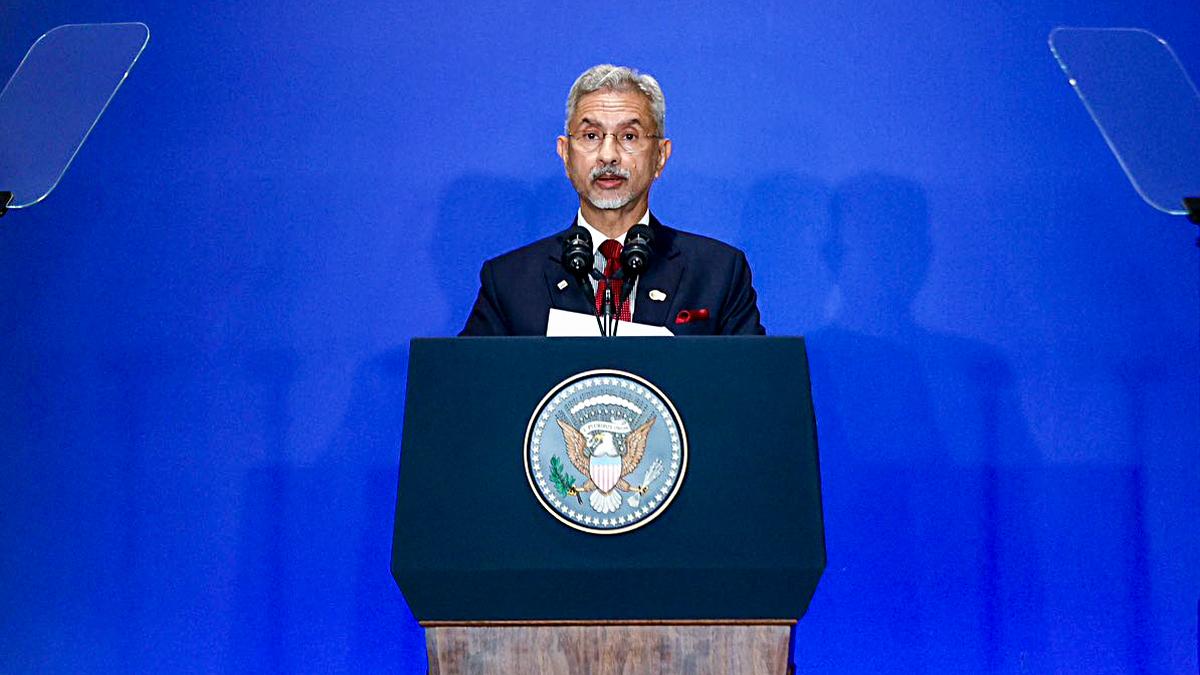
India-China relationship key to Asia's future, their parallel rises present unique problem: Jaishankar
The Hindu
India-China relationship crucial for Asia's future, with potential global impact, as External Affairs Minister Jaishankar addresses complex issues.
The India-China relationship is key to the future of Asia and it will influence not just the continent but the entire world, External Affairs Minister S. Jaishankar said, noting that the “parallel rises” of the two countries present a “very unique problem” in today’s global politics.
Also read: ‘India isn’t trying to control every political move of every neighbour’: Jaishankar
“I think the India-China relationship is key to the future of Asia. In a way, you can say that if the world is to be multi-polar, Asia has to be multi-polar. And therefore this relationship will influence not just the future of Asia, but in that way, perhaps the future of the world as well,” Mr. Jaishankar said in his address at an event titled ‘India, Asia and the World’ hosted by Asia Society and the Asia Society Policy Institute in New York on Tuesday (Sept. 24).
Mr. Jaishankar said currently the relationship between the two countries is “significantly disturbed”.
Mr. Jaishankar, who will address the General Debate of the 79th session of the U.N. General Assembly on Saturday (September 28, 2024), held a series of bilateral meetings with his global counterparts during the day in the U.N. Headquarters and the city.
Responding to a question on China during an interaction at the Asia Society event, Mr. Jaishankar noted that India has a “difficult history” with China, including a conflict in 1962.
“You have two countries who are neighbours, unique in the sense that they are the only two countries with over a billion people, both rising in the global order and who often have overlapping peripheries, including the fact that they have a common border. So it’s really a very complicated issue. I think, if you look today in global politics, the parallel rises of India and China, present a very, very unique problem,” he said.













